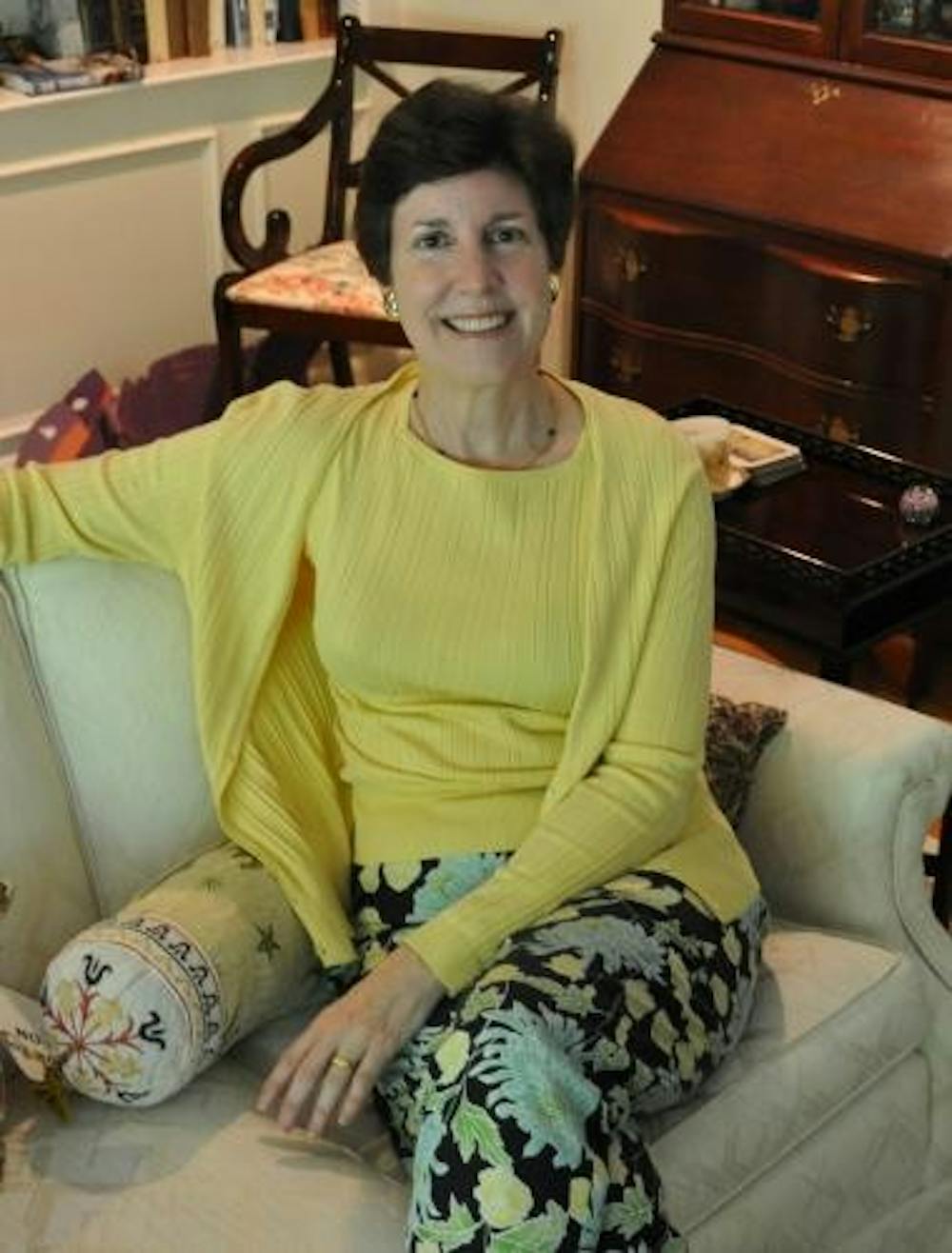The University’s Miller Center released an ongoing oral history project focused on former Sen. Ted Kennedy Wednesday at an event held in Washington, D.C.
The event, held at the Kennedy Caucus Room of the Russell Senate Office Building, consisted of welcoming remarks by the former senator’s wife, a keynote address by historian Michael Beschloss and a panel discussion focused on Kennedy’s work in civil rights.
The panelists included two former U.S. Senators Alan Simpson (R-CO) and Chris Dodd (D-CT), Congressman John Lewis (D-GA), former Secretary of Education Margaret Spellings, former Chief Counsel to Kennedy Melody Barnes and Project Director Barbara Perry, co-chair of the Miller Center’s Presidential Oral History Program.
Approximately 250 people were expected to attend.
“I would not be surprised if all of the seats were taken, because Senator Kennedy was both an influential figure and among many people a beloved figure, and they will want to turn out to honor him and to honor this project,” Perry said.
Transcripts from the project’s interviews are live on the Miller Center’s website and the Edward Kennedy Institute’s website.
The Miller Center, which is a nonpartisan organization that studies the history of politics and policy, began work on Ted Kennedy’s oral history in 2004. This is the largest oral history project in the Miller Center’s history.
“Given that Kennedy spent 47 years in the Senate, we knew his personal story and his professional story would enlighten us about those important areas in our country’s history,” Perry said.
The interview process began in 2004 and spanned seven years. Interviews were completed in 2011. Overall, roughly 280 interviews were conducted — 29 with Kennedy, and 250 with senatorial colleagues, staffers, journalists, family and friends.
The interviews cover a span of almost 50 years and contain information about 10 presidencies and a host of policy issues, including civil rights, war and peace, immigration issues and health care.
“He had a role in so many different important issues in his time in the Senate,” Perry said.
The information is expected to have major impact, Perry said.
“Scholars of history, political scientists and practitioners of public policy … can learn from people who were in the thick of the process,” Perry said. “We think [it] is invaluable.”







